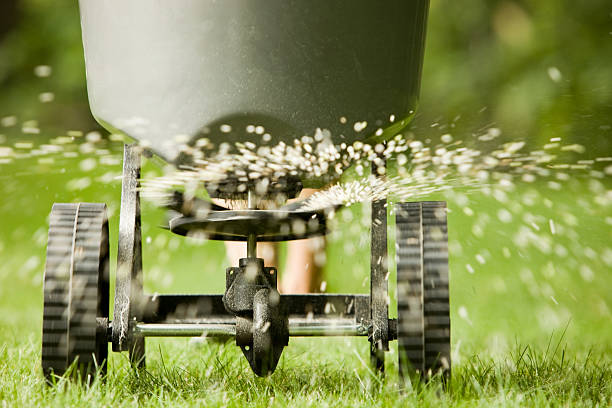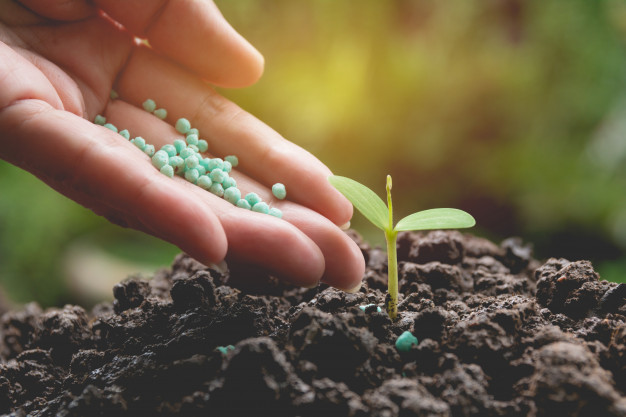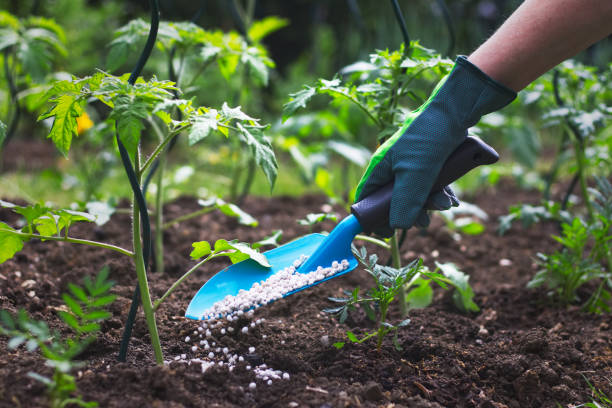-

-

We ensure Industry,Farmers & Public Safety & Security
We help in ensuring that fertiliser is stored, transported and applied with regorous attention to safety and security.
Contact Us -

We Ensure science based environmental stewardship practises
works with allindustry stakeholders to advance thedevelopment and implementation of the best sciencebased environmental stewardship practices
Learn More
_-_Copy3.png)












